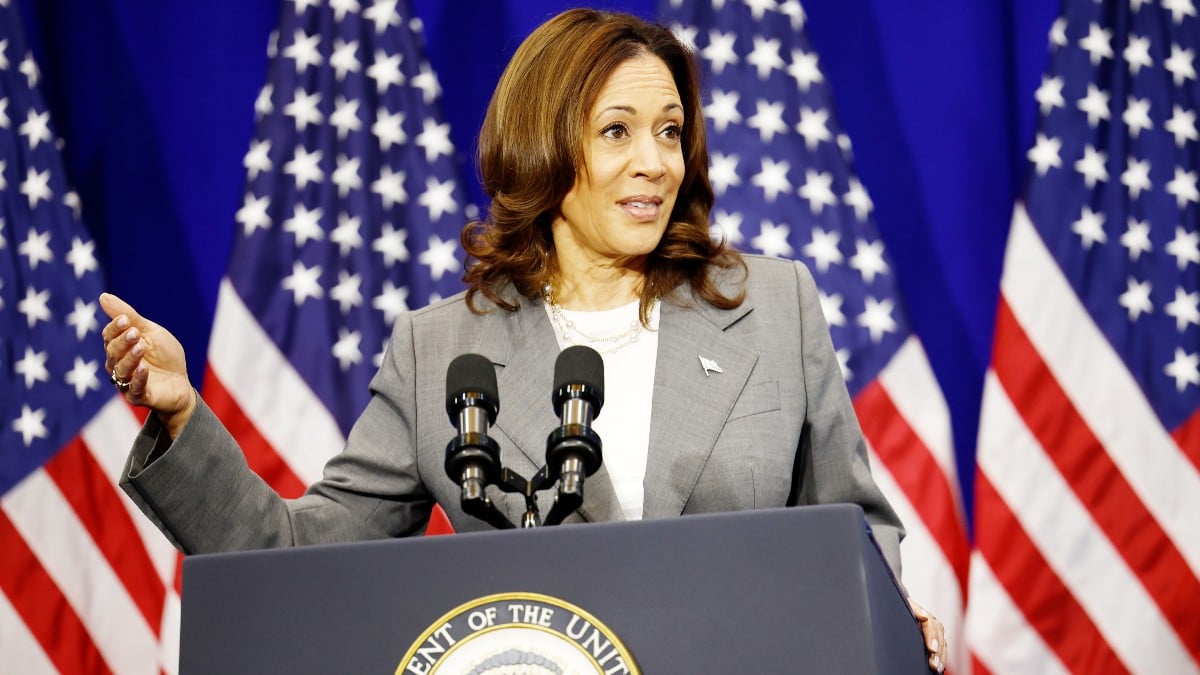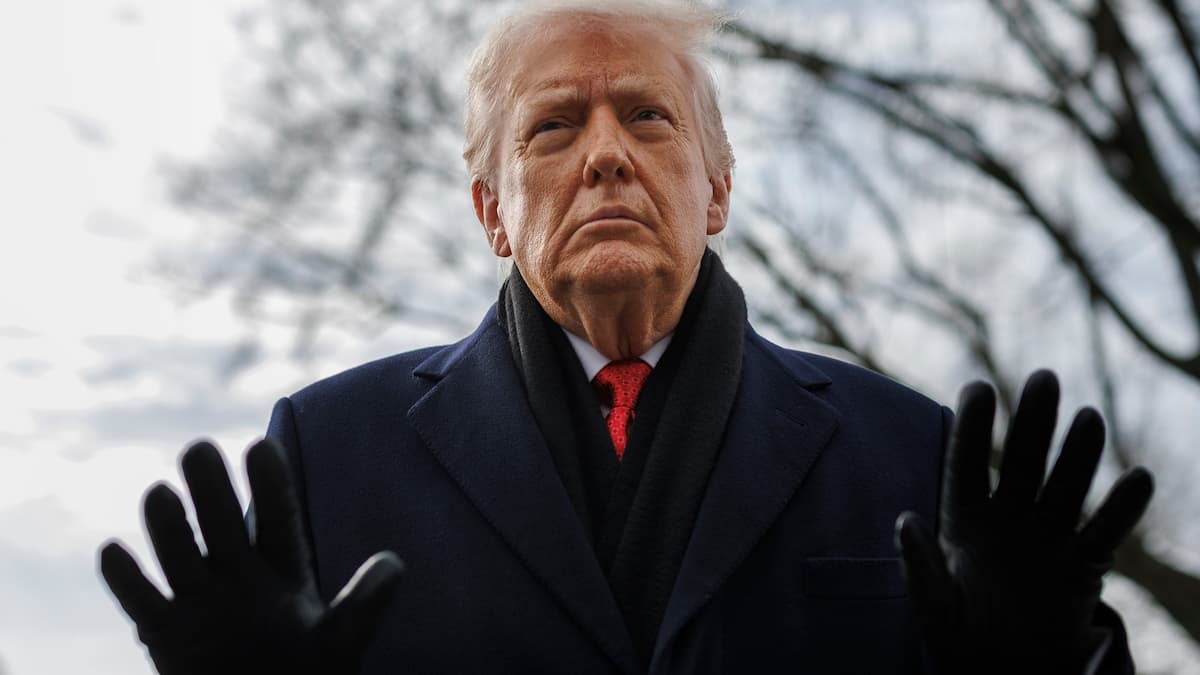In an unexpected twist in American politics, President Joe Biden has announced he won’t be seeking re-election. At 81, amidst spiraling approval ratings and significant party dissent, Biden’s decision, though shocking, seems to underscore a poignant acknowledgment of the relentless pressures and demands of the highest office.
Why then, did Biden choose to bow out? It’s not just a question of age or popularity. There’s a palpable sense that Biden’s decision was also a strategic move, intended to preserve the unity and forward momentum of his party. While he has thrown his support behind Vice President Kamala Harris, suggesting she’d be an ideal candidate, an official Democratic nominee has yet to be chosen, let alone a discussion on potential running mates for Harris.
This brings us to a crucial juncture in the Democratic Party’s roadmap to 2024
The process of selecting a new nominee is no small feat. With the primaries already behind us, the responsibility falls to the Democratic delegates. These state and local party officials, elected during the primaries, now carry the weighty task of deciding who will lead the party in one of the most pivotal elections in recent history. The Democratic National Convention, scheduled to begin on August 19th in Chicago, will be the ultimate arena where this decision is formalized.
The chosen candidate must not only appeal to the diverse Democratic electorate but also pull together the various factions within the party. They need to be someone who can build on Biden’s legacy while also addressing the pressing issues that have led to internal party criticisms.











Published: Jul 21, 2024 05:24 pm